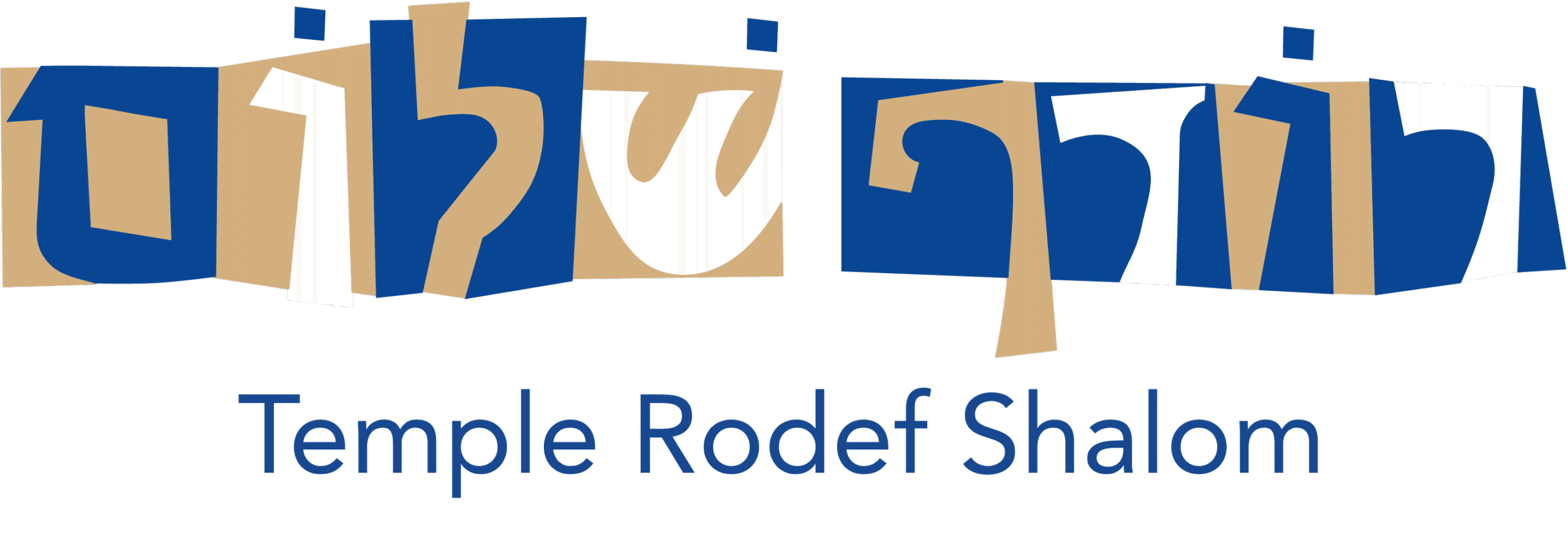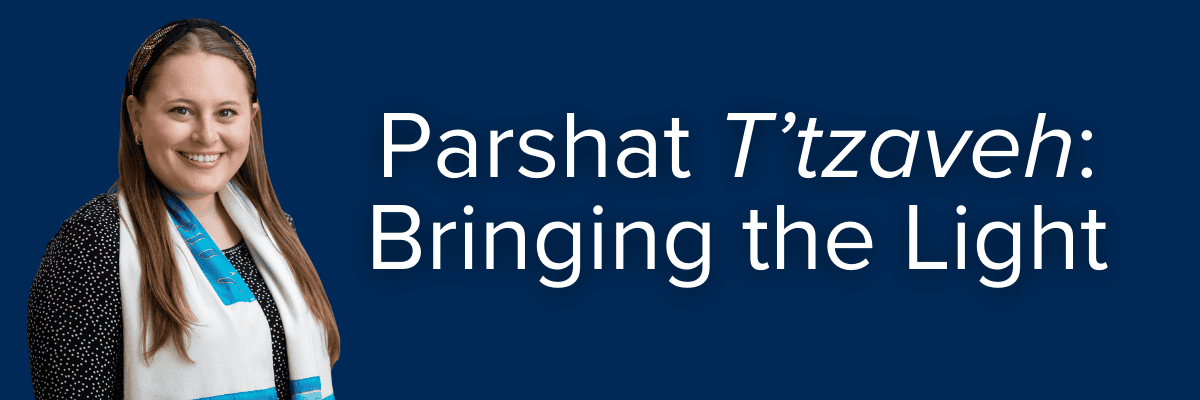In this week’s Torah portion, T’tzaveh, we are given what has become a core idea in Jewish life- the ner tamid, or the eternal light. In Judaism, we have so many ideas, images, and even holidays, that center around the idea of light, but this one is perhaps my favorite. The Israelites are instructed to bring pure oil, which Aaron and his sons will use to kindle lights that will burn continually from morning to evening. This light is meant to never go out- it is a constant presence before God, and it sustains the Israelites.
Today, most sanctuaries have some sort of ner tamid, even though they aren’t tended to by priests, and they are mostly not oil lamps. Our own ner tamid at Temple Rodef Shalom glows quietly above us each Shabbat, each religious school tefilah, and during gatherings of mourning and loss, and celebration and song. This simple light that hangs in front of the ark witnesses so much holiness, and it is the visible reminder that our community is bright, alive, and enduring.
Though we don’t need to bring pure olive oil to keep the light burning, each of us does bring something to sustain the light of our community: our presence, our generosity, our voices, and our care for one another. Just as the Israelites were asked to bring the oil, we are asked to bring compassion, commitment, and a willingness to show up.
T’tzaveh invites us to ask ourselves how we can keep the light of our community alive and steady. In a world that can feel uncertain, our task is clear. Whether it is for the Divine, for ourselves, our ancestors, our children, or all of those, we must sustain the eternal light. May we continue to tend to it, knowing that when we each bring our light, we build a better world, and a stronger Jewish people. Shabbat Shalom.
Cantor Sydney Michaeli


